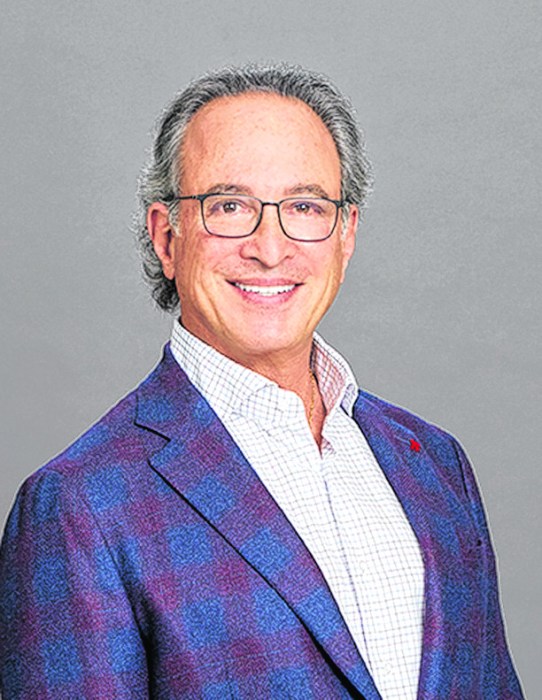As the Coronavirus pandemic has come to dominate a good deal of our daily lives, are we, as Dr. Suzan Song suggests in U.S. News and World Report, “on the brink of a mental health pandemic that our current system is not equipped to handle?”
Recent polling by the Kaiser Family Foundation found that almost half of U.S. adults said the pandemic has affected their mental health, while more than half believed that they would be exposed to COVID-19 because they could not afford to stay at home financially.
At North Shore Child & Family Guidance Center, where we work with children, teens and their families, we’ve made the transition from face-to-face office, home and school-based visits to remote video conferencing sessions. Although we didn’t formally poll the families we work with, judging by feedback from our therapists, the mental health impacts of COVID-19 are pervasive.
Most of the children we see haven’t come to us because of COVID-19 fears, although we are starting to get referrals specifically related to the pandemic. Nevertheless, everyone we see is impacted by it. The problems that they came to us for in the first place—most often depression and anxiety—are exacerbated by the fear and uncertainty that the Coronavirus brings.
Many of our recent referrals come to us from urgent care or as the result of hospital discharges. Along with depression and anxiety, some are also experiencing panic attacks, crying spells, passive suicidal thoughts and urges to self-harm.
As one of our therapists reported: “Using Zoom video conferencing sessions to navigate family therapy has given me the opportunity to remain connected with the family while working with them virtually to discuss ways they can practice and implement better communication skills. Zoom sessions have also allowed me to work with my client individually to review and practice coping skills she can utilize when experiencing low moods.”
The challenges brought on by the pandemic are significant. Kids don’t know when they will return to school and, for many, when their moms and dads will return to work. Being in close quarters with their family 24/7 can feel like a pressure cooker, particularly when the stress of isolation from friends, economic worries at home and terror about the possibility of a loved one becoming ill and dying are constantly at play.
It’s fairly common knowledge that as many as one in five Americans experiences some form of mental illness, and the pandemic has greatly escalated their symptoms. As Dr. Song stated, “In my psychiatry practice, some of my college-aged patients who were previously able to manage their depression and anxiety are crippled in paralyzing fear of going outside, or depressed about the loss of their year and uncertain of their future.”
The Guidance Center’s seamless transition from in-person to virtual practice has made a significant difference for our families. When all feels like it is being lost with the limits that the shutdown has exacted, being able to maintain the routine of mental health counseling was a great relief. Parents have expressed gratitude for the continuity and for knowing that we have not abandoned them.
Of course, we can only do what we are doing because we have the technology to do so. And, as Dr. Song affirmed, “Prior to the pandemic, telehealth was not always covered by insurance; restrictions have temporarily been lifted for many, but need to continue post-pandemic.”
At the same time the nation’s mental health is declining due to the pandemic, the number of mental health professionals accepting insurance—and particularly psychiatrists—remains low due to the substandard rates of reimbursement that health insurers pay.
Federal mental health parity law demands universal access to care, yet health insurers rarely comply by providing adequate networks of providers, and government does not adequately enforce this law.
During this uncertain time, now more than ever we need to ensure universal access to care in order to flatten the mental health curve for our children and families.
Andrew Malekoff is the executive director of North Shore Child & Family Guidance Center, the leading children’s mental health agency on Long Island. The Guidance Center is seeing new and existing clients via telephone and video during the COVID-19 crisis. To make an appointment, call (516) 626-1971. Visit www.northshorechildguidance.org for more information.






























